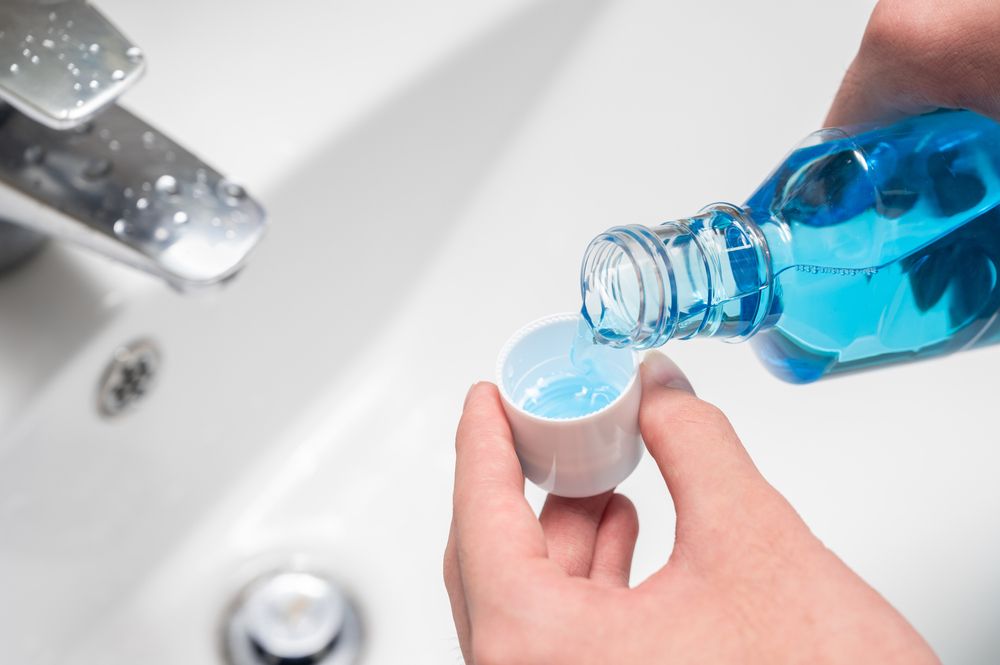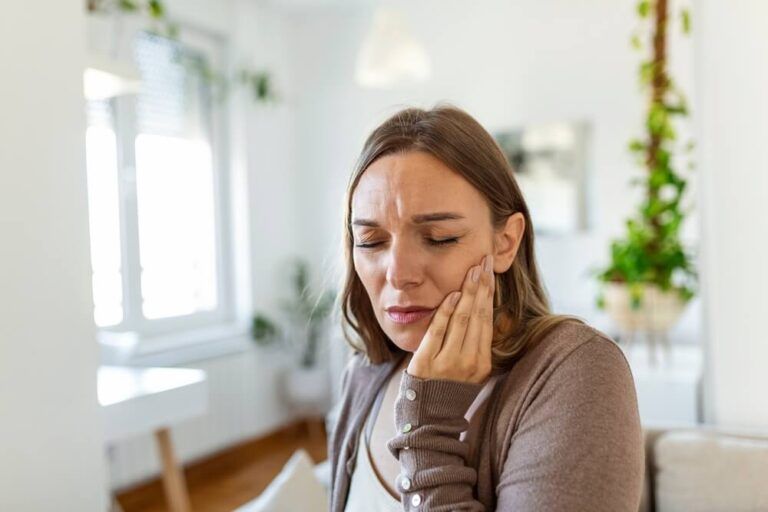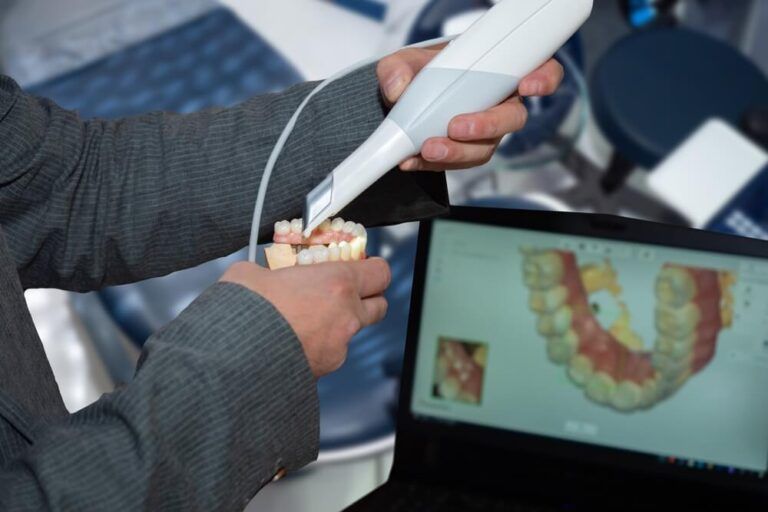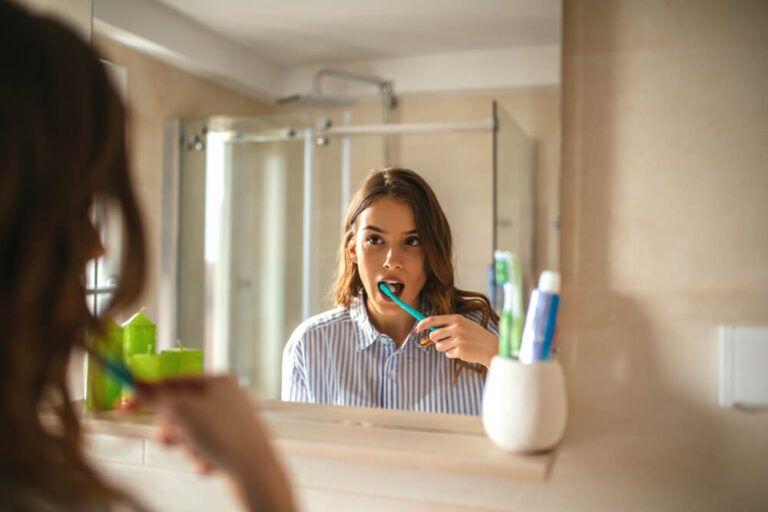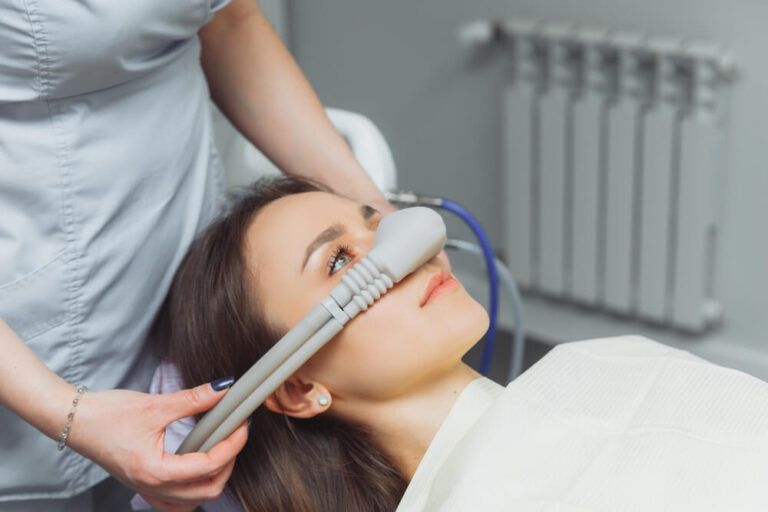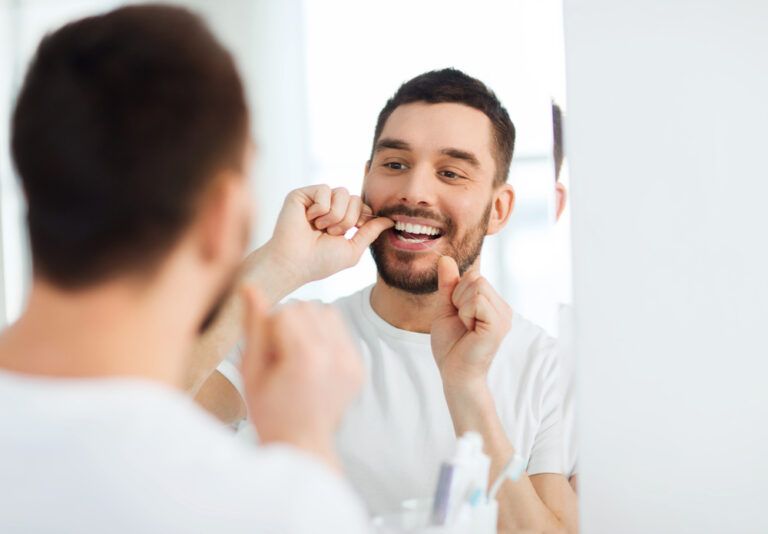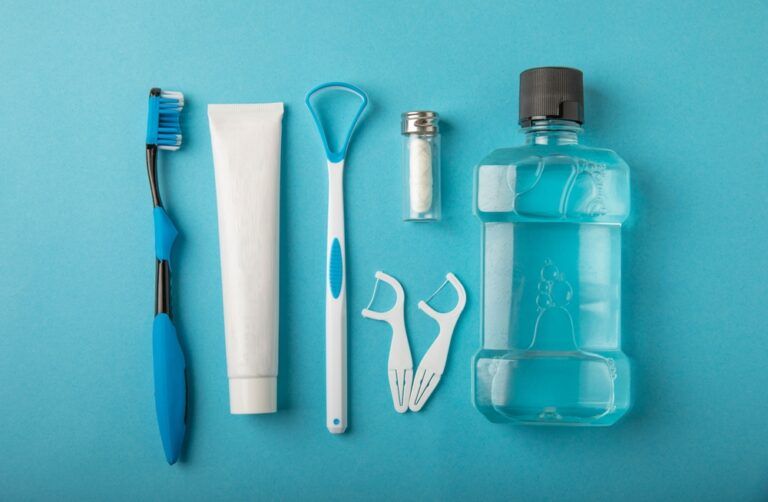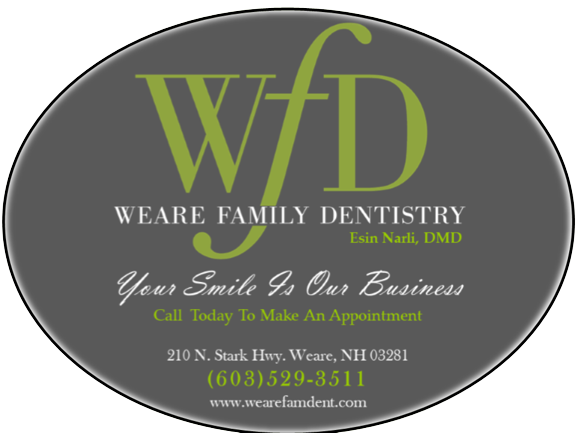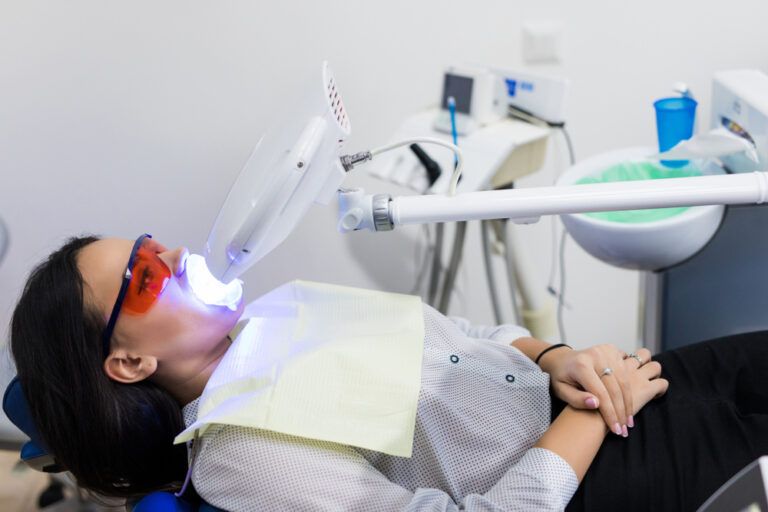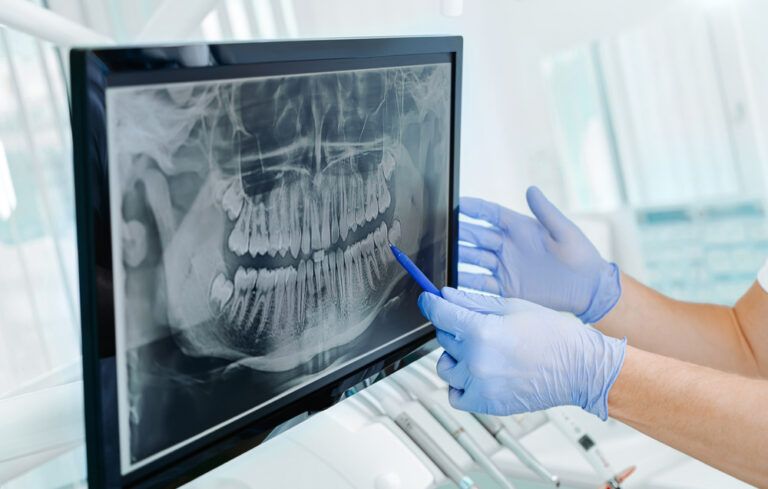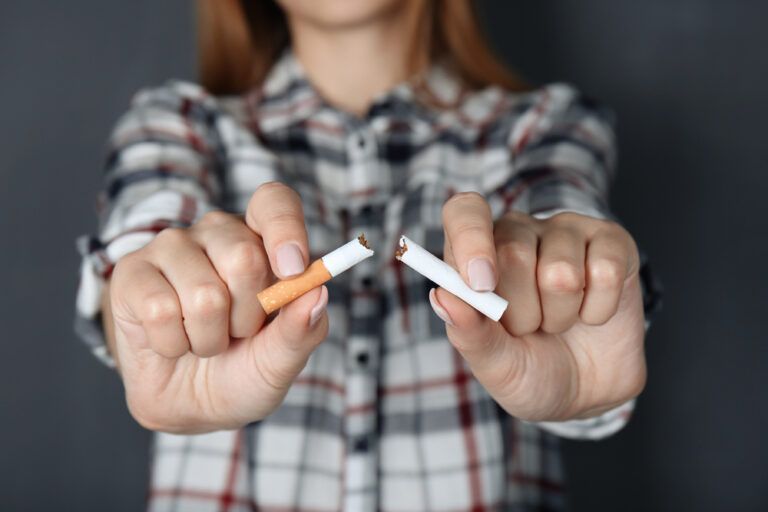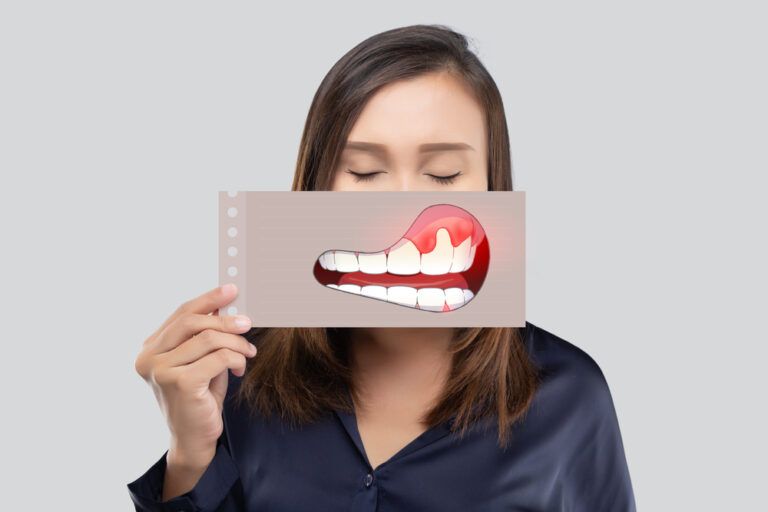In the realm of oral hygiene, mouthwash has become a staple for many households. But what’s behind this refreshing rinse? At Weare Family Dentistry, we aim to provide clarity on the products you use daily. Let’s dive into the world of mouthwash, exploring its core functions and the best times to use it.
1. Mouthwash: The Basics
Mouthwash, commonly known as oral rinse, is a liquid solution designed to target and combat various dental concerns. Depending on its composition, mouthwash can serve multiple purposes ranging from reducing bacteria to masking bad breath.
2. Types of Mouthwashes
It’s essential to understand the different types of mouthwashes available in the market:
- Fluoride Mouthwashes: These are formulated to fight tooth decay. They contain fluoride which helps strengthen tooth enamel.
- Antiseptic Mouthwashes: Designed to reduce bacterial activity in the mouth, these are beneficial for individuals who want to prevent oral infections or gum diseases.
- Cosmetic Mouthwashes: These primarily tackle bad breath and offer a pleasant taste. They don’t necessarily address underlying dental concerns.
- Natural Mouthwashes: Comprising organic or natural ingredients, these mouthwashes offer a chemical-free approach to oral care.
3. When Should You Use Mouthwash?
The timing of using mouthwash can depend on its type and the specific oral concern you’re addressing:
- After Meals: To neutralize food odors and refresh the mouth, using a cosmetic mouthwash post-meal is a good idea.
- Post Brushing and Flossing: Implementing a fluoride or antiseptic mouthwash after your brushing routine can provide an additional protective layer against decay or bacteria.
- During Sensitivity: Specialized mouthwashes are available for times when you might experience gum tenderness or tooth sensitivity. These can offer temporary relief.
4. Duration Matters
For mouthwash to be effective, it needs sufficient contact time with your oral tissues. Aim for 30 seconds to a minute of swishing. After using the mouthwash, avoid eating or drinking for about 30 minutes to ensure maximum effectiveness.
5. Important Considerations
While mouthwash offers various benefits, it’s crucial to note a few things:
- It’s Not a Replacement: Mouthwash complements brushing and flossing but doesn’t replace them. It’s a supplementary part of oral hygiene.
- Stinging Sensation: A strong sensation doesn’t necessarily mean better cleaning. It might be related to the alcohol content or other ingredients in the mouthwash.
6. Myths Debunked
To make informed decisions, it’s essential to separate fact from fiction:
- All Mouthwashes are the Same: False. As mentioned, there are various types designed for different purposes.
- Mouthwash Can Cure Bad Breath: Not entirely true. While mouthwash can mask bad odors, underlying issues like dental decay or infections need to be addressed for a long-term solution.
Your Oral Health Partner: Weare Family Dentistry
Understanding your oral care products is the first step toward optimal dental health. But with a myriad of options and information out there, making the right choice can be challenging. That’s where we come in. At Weare Family Dentistry, we’re dedicated to guiding you every step of the way. Schedule an appointment with us. Let’s work together, ensuring that your oral care routine is efficient, effective, and tailored just for you.
Sources
- “Oral Rinse Essentials: A Comprehensive Guide.” Wallace, B. & Nelson, J. DentalPros Publishing, 2021.
- “The Science Behind Mouthwashes.” Kim, L. & Patel, R. OralHealthTech Press, 2020.
- “Mouthwashes: Types, Benefits, and Myths.” Stevenson, T. & Green, M. DentalGuide Media, 2019.


